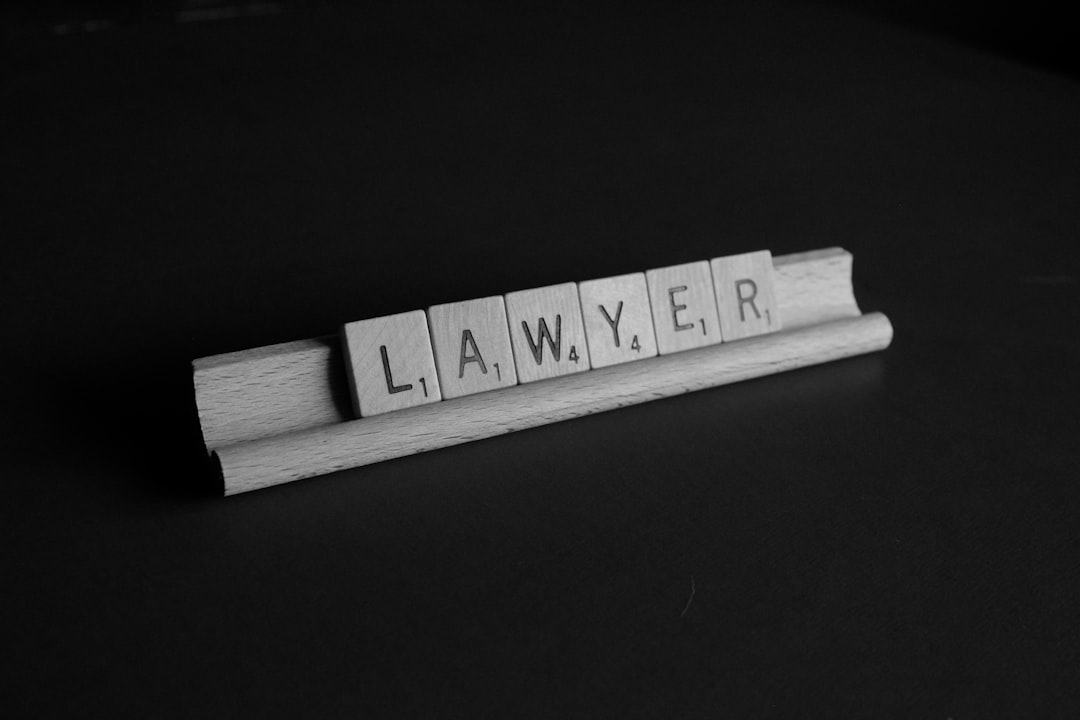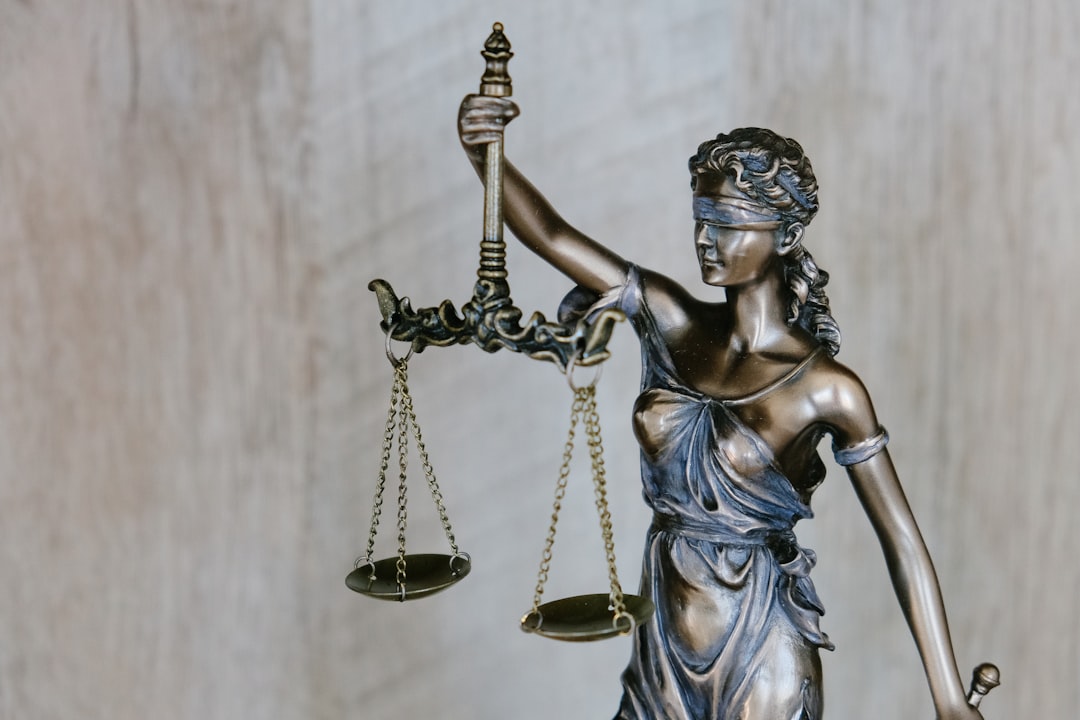In Maryland, rehabilitation programs for massage therapist offenders combine therapy, education, and skill-building workshops. These programs aim to heal individuals while promoting compliance with state massage abuse laws. Through individual and group sessions, participants gain empathy for victims, learn to prevent future misconduct, and understand the legal consequences of their actions, collaborating with local massage abuse law firms. Therapy focuses on behavior modification and personal growth, reducing the risk of reoffending. The strong collaboration between law enforcement and massage therapy boards effectively handles cases, protects the public, and serves as a deterrent for massage abuse law firms in Maryland.
In Maryland, where massage therapy is a thriving industry, addressing the issue of therapist misconduct is crucial. This article explores the rehabilitative power of therapy for former massage therapists facing legal repercussions. We delve into Maryland’s unique approach to massage therapy rehabilitation programs and their effectiveness in behavior modification. Additionally, we examine the collaborative efforts between law enforcement and massage therapy boards, focusing on how these partnerships can prevent massage abuse and foster a safer environment for clients.
Understanding Massage Therapy Rehabilitation Programs in Maryland

In Maryland, massage therapy rehabilitation programs are designed to address the unique needs of offenders who have engaged in massage abuse. These programs recognize that healing and redemption go hand in hand, aiming to rehabilitate individuals while also ensuring compliance with the state’s strict massage abuse laws. Such programs often include a combination of individual and group therapy sessions, education on ethical practices, and skill-building workshops to help therapists reintegrate into the industry responsibly.
The role of therapy in these rehabilitation efforts is multifaceted. It helps offenders understand the impact of their actions, fosters empathy for victims, and provides tools to prevent future abuse. Moreover, massage therapy rehabilitation programs in Maryland work closely with law firms specializing in massage abuse cases to ensure that participants fully grasp the legal implications of their misconduct, promoting a culture of integrity within the profession.
The Impact of Therapy on Offender Behavior Modification

Therapy plays a pivotal role in rehabilitating Maryland massage therapist offenders, offering a path toward behavior modification and personal growth. Through structured counseling sessions, therapists help individuals process underlying issues that may have contributed to their offensive behaviors. By addressing trauma, anger management, or other psychological factors, therapy equips offenders with healthier coping mechanisms, reducing the likelihood of reoffending.
In the context of massage abuse law firms in Maryland, therapy serves as a crucial tool for restoration and accountability. It encourages offenders to take responsibility for their actions, fostering empathy and a deeper understanding of the impact on their victims. This transformative process not only benefits the individuals seeking rehabilitation but also contributes to the broader goal of ensuring safety and promoting ethical practices within the massage therapy industry in Maryland.
Collaboration between Law Enforcement and Massage Therapy Boards

In Maryland, the collaboration between law enforcement and massage therapy boards plays a pivotal role in addressing massage abuse cases effectively. When an incident of misconduct or criminal activity is reported, these entities work together to ensure swift action. Law enforcement investigates the allegations, gathering evidence and interviewing witnesses, while the Massage Therapy Board takes immediate steps to suspend or revoke licenses of offenders, removing them from practice. This coordinated effort not only protects the public but also serves as a deterrent for potential massage abuse law firms Maryland.
The partnership fosters transparency and accountability, making it easier to identify patterns of abuse and take preventive measures. Regular communication channels ensure that any new developments or insights are promptly shared, allowing for proactive responses. Moreover, collaborative initiatives like educational workshops and awareness campaigns help both law enforcement and massage therapy professionals stay informed about the latest trends in massage therapy regulation, further strengthening the state’s efforts to combat massage abuse.






